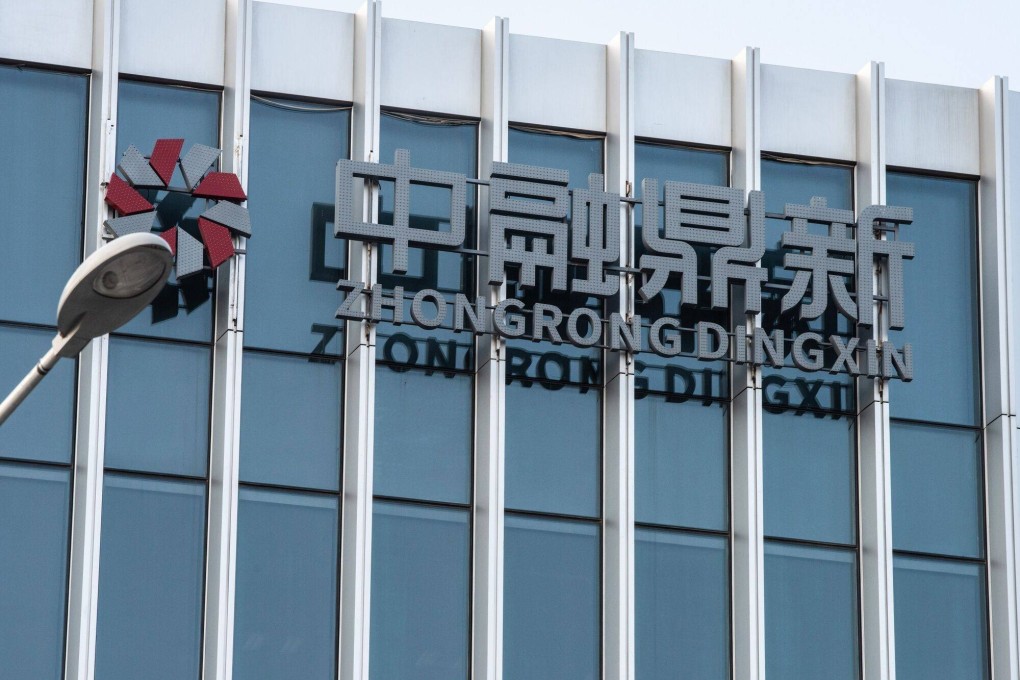Troubled Chinese shadow bank Zhongzhi warns it is ‘severely insolvent’ after asset shortfall, failed bailouts
- Beijing-based wealth manager says it is severely insolvent and faces high risks of sustaining normal operations
- Firm says it is ‘largely out of control’ after the death of its founder Xie Zhikun in December 2021 and subsequent resignations of several key executives

Zhongzhi Enterprise Group, one of mainland China’s largest shadow banks, has warned investors that it is unable to repay its debts, setting off alarm bells in the trust sector which invests a large portion of investors’ money in real estate projects.
The Beijing-based wealth management company said late on Wednesday its total liabilities had mounted to between 420 billion yuan (US$59 billion) and 460 billion yuan, while its total tangible assets stood at just 200 billion yuan, implying a shortfall of as much as 260 billion yuan.
“Initial results from the due diligence exercise show that the group is severely insolvent and facing high risks of sustaining normal operations,” Zhongzhi told investors in a letter obtained by the Post. “In the near term, the amount of assets that can be used to repay investors is far below the total liabilities.”
It added that the recovery value of the group’s assets, consisting mainly of long-dated investments, would be low due to poor liquidity, and therefore there was a shortfall in resources available to meet near-term obligations.
It added that the company is “largely out of control” after the death of its founder Xie Zhikun in December, 2021 and subsequent resignations of several key executives.